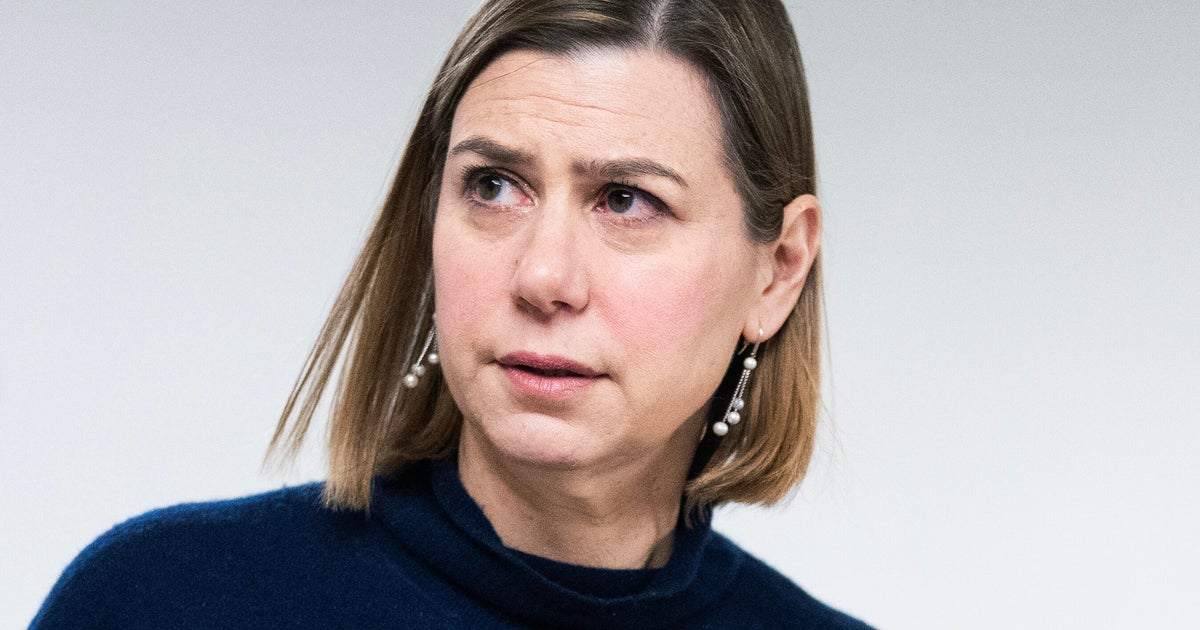Trump And Biden Tweeting Toward Objectivity
(Capital News Service) -- With a following of over 87 million, President Donald Trump is easily one of the most popular accounts on Twitter. In fact, there are only six accounts with more followers, with Trump only slightly behind country-music-star-turned- pop-icon Taylor Swift in follower count, according to socialtracker.io. And with news stories regularly being written about President Trump's tweets, Twitter has come to be a major influence in politics in a way that was unimaginable at the time of its creation in 2006.
Now, with former Vice President Joe Biden, who has amassed 11.6 million Twitter followers, and Trump delivering their competing messaging through media appearances and on social media, voters have more places to inform their decision-making. And the candidates have taken notice, often using Twitter to deliver public statements and campaign messaging.
In an election that, according to a YouGov poll, a majority of Americans believe is "the most important election in our lifetime," the differences between the candidates are clear — from their opposing views on how to deal with climate change to their antagonistic visions on immigration policy. But how true is this when it comes to the candidates' Twitter presences?
Using web scraping technology, CNS collected tweets from both major-party presidential candidates and analyzed them with natural language processing, a computational method for synthesizing insight from text data.
Between the period of Oct. 12 and Oct. 27, Biden received an average of 111,530 likes and retweets per tweet, while Trump got an average of 126,267 likes and retweets per tweet despite his large advantage in follower count.
President Trump has a tendency to tweet more often than Biden. Over that same period in October, Trump's account tweeted 439 times compared to Biden's 266.
Kristen Byers, a digital content strategist for the A. James Clark School of Engineering at the University of Maryland, manages multiple social media accounts in her role and noted that both presidential candidate accounts, in addition to being "prolific and timely," are "doing a very good job in terms of the voice of the accounts."
There is likely a reason for why Trump's tweets sound so much like him. In 2018, The New York Times wrote a feature about "The Man Behind The President's Tweets," describing Trump as dictating tweets to White House Social Media Director Dan Scavino, who then typed them up verbatim and occasionally posted scheduling updates on the president's account. It is less clear what the process is for Biden's tweeting.
CNS ran natural language processing on the candidates' scraped tweets to determine their subjectivity. The tool that enabled the classification looked for certain words in each tweet that it could identify as being subjective or objective, based on a data set where words were matched with associated subjectivity scores, and returned an overall subjectivity score for each tweet. Subjectivity and objectivity are measures of the extent to which an appeal to emotion and an appeal to observation and reality, respectively, are made.
The analysis found that Biden's tweets were more objective on average in comparison with Trump's. The main difference was in the number of tweets that toed the line between subjective and objective, with Trump tweeting nearly three times as many tweets as Biden that were scored around a 0.5 -- the exact middle of the range-- by the analysis. Overall, however, both Trump and Biden tended toward objectivity in their tweets, and Biden actually had a slightly greater number of tweets that were purely subjective in the period that was analyzed.
Aída Chavez, a former reporter for The Hill, used to do write-ups for individual Trump tweets as part of her coverage. Now working as a politics reporter for The Intercept, Chavez acknowledges the importance of a Twitter presence for politicians, having herself moved from searching emails for press releases to jumping directly to a politician's Twitter feed to find their public statements. She also believes that "Joe Biden's social media presence isn't as consequential or interesting [as Trump's]."
"Trump's [social media presence] is pretty consequential because, well, one, he is the president, so he has the power to crash the stock market with a single tweet… and he uses his Twitter [account] to incite violence and stoke fear and spread disinformation," Chavez said.
The effects of the "tweeting" president will surely be felt for years to come, and other social media platforms like Twitch, which recently hosted a popular stream with Congresswomen Alexandria Ocasio-Cortez and Ilhan Omar, are also entering the political sphere. These platforms bring with them both new challenges and new opportunities for politicians, and Trump and Biden embraced the challenge throughout the election.







